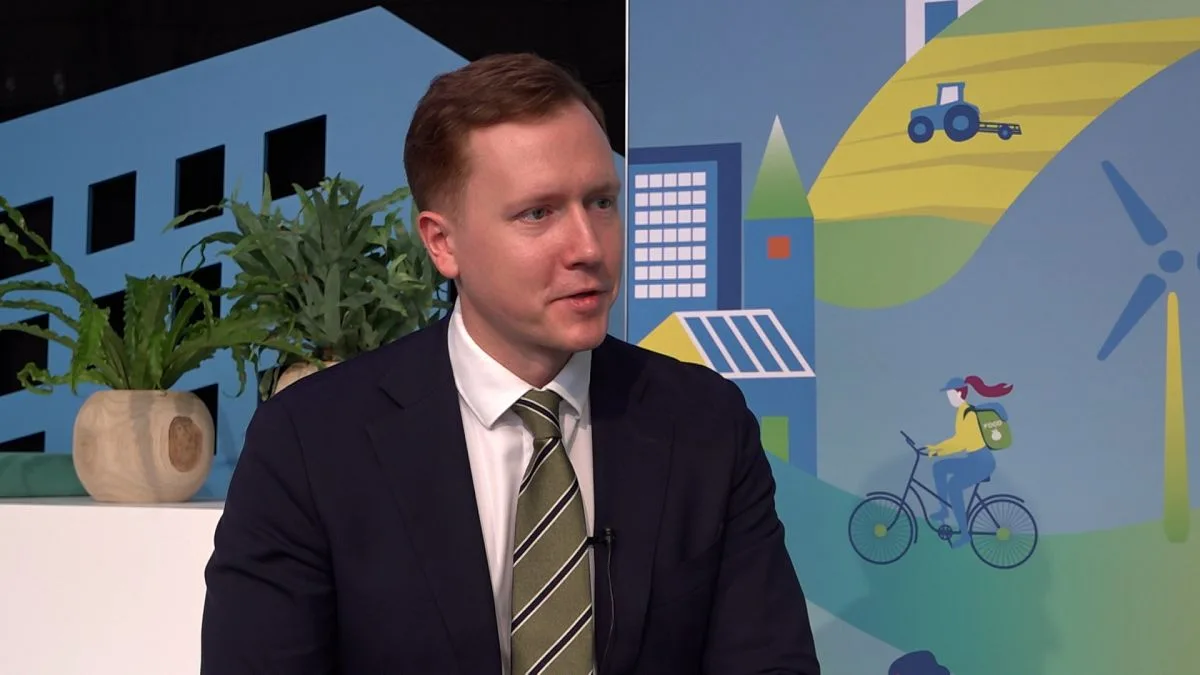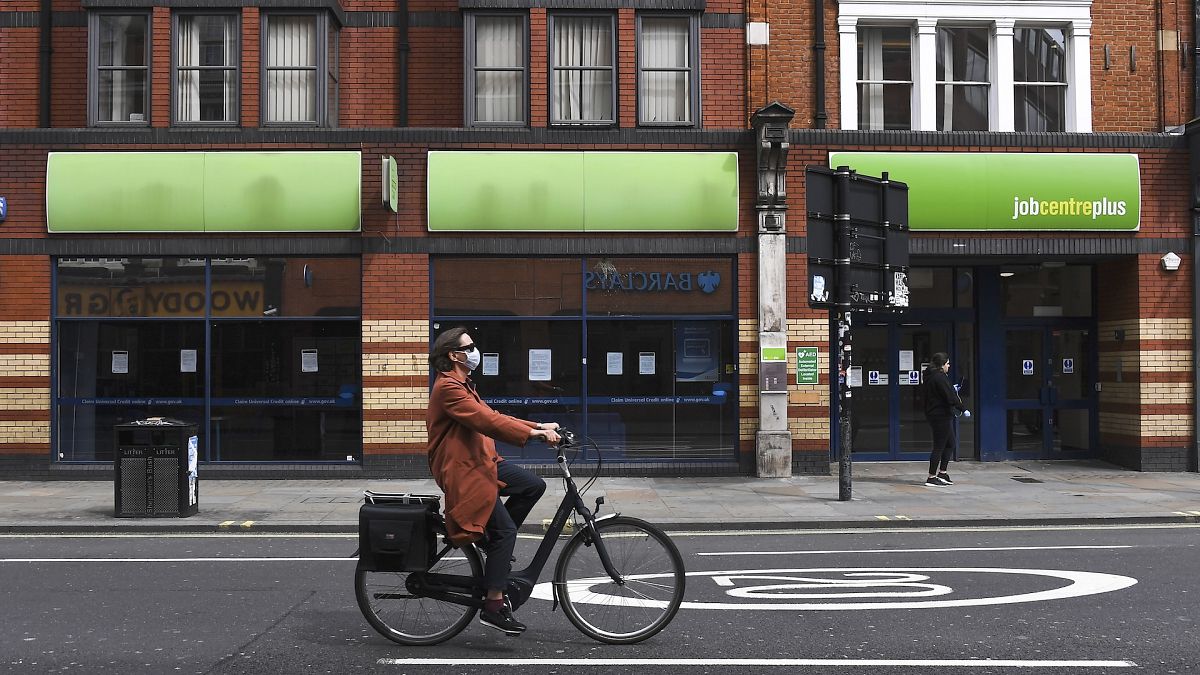Brussels must pay attention to its border regions while redefining its trillion-euro budget, urged Mindaugas Liutvinskas, Lithuania’s deputy finance minister, in an interview with Euronews. This call for action includes efforts to seize Russian assets and the introduction of eurobonds.
Amidst the challenges stemming from its proximity to the war in Ukraine, Lithuania urgently requires financial support from the European Union. Liutvinskas emphasized the necessity of these funds as he visited Brussels. He proposed that the EU should consider seizing hundreds of billions of euros in Russian assets to facilitate the reconstruction of Ukraine, suggesting that gaining Germany’s acceptance of eurobonds is merely a matter of time.
“Cohesion policy must stay focused,” Liutvinskas stated, highlighting the EU’s main strategy for assisting less affluent regions to progress. He expressed that this policy has historically shown effectiveness and value, referencing the allocation of €7.8 billion to Lithuania over the past seven years, a portion of the total EU budget of approximately €1.2 trillion.
As the European Commission prepares to unveil a new budget framework starting in 2028, President Ursula von der Leyen has indicated that it will be more adaptable, impactful, and aligned with key priorities.
Facing challenges between Russia and the EU, Lithuania has experienced a downturn in growth and foreign investments since the Russian invasion of Ukraine in 2022, according to Liutvinskas. He advocates for EU investment focused on interconnections and innovation to revive supply chains and enhance resilience.
However, EU regional funds have faced scrutiny and could be at risk due to the financial limitations of member states grappling with expensive new initiatives like enhancing competitiveness and countering the Russian threat.
A report from the European Court of Auditors revealed that the error rates in cohesion spending are among the highest in the EU budget, escalating to 9.3%. This trend has raised alarms for the spending watchdog.
Liutvinskas defended cohesion funding as the EU’s “most effective long-term investment tool,” insisting that it must remain flexible and responsive to change. “Even after the war concludes, we will continue to live near Russia and Belarus, which represent aggression,” he remarked, emphasizing the necessity for European instruments, particularly cohesion policy, to mitigate these ongoing concerns while encouraging investment.
He added, “To instill confidence in foreign investors, we must prioritize our security, which we’re committed to doing by increasing defense spending. This leads to a safer environment where investors can thrive.”
Liutvinskas is also open to innovative financing methods such as joint borrowing at the EU level, despite Germany’s resistance to eurobonds. He indicated that “dialogue will be essential, and it’s simply a matter of time for them to grasp the necessity,” while promoting a collective approach to defense as a shared responsibility among member states.
He expressed optimism that Hungary would soon lift its veto on a plan to provide sustained support for Ukraine, utilizing frozen Russian central bank assets as collateral. “I hope we can reach some agreement with the Hungarian presidency to strengthen the sanctions regime,” Liutvinskas mentioned, noting that the financial needs for Ukraine’s recovery continue to escalate.
“Eventually, we will need to have a serious discussion regarding possible reparations for Ukraine, which may involve seizing previously frozen assets within the EU,” he added, hinting at the complexities ahead.
Following Liutvinskas’s interview with Euronews, it was reported that EU nations had approved a historic plan to issue a €35 billion loan to aid Ukraine’s struggling economy, backed by frozen Russian assets as collateral.
However, Hungary remains hesitant to approve extending existing sanctions beyond the current six months, a request from the US aimed at offering long-term assurance. This resulted in a confrontation between Hungary’s Prime Minister Viktor Orbán and European Commission President Ursula von der Leyen during a European Parliament debate.
With upcoming parliamentary elections this weekend in Lithuania, which could lead to a shift in leadership, Liutvinskas believes the perspective from Brussels should remain unchanged. “We’ll see the election results soon, but I believe that on crucial strategic issues such as security, foreign policy, and our approach to the EU, significant changes are unlikely,” he said.
Photo credit & article inspired by: Euronews



